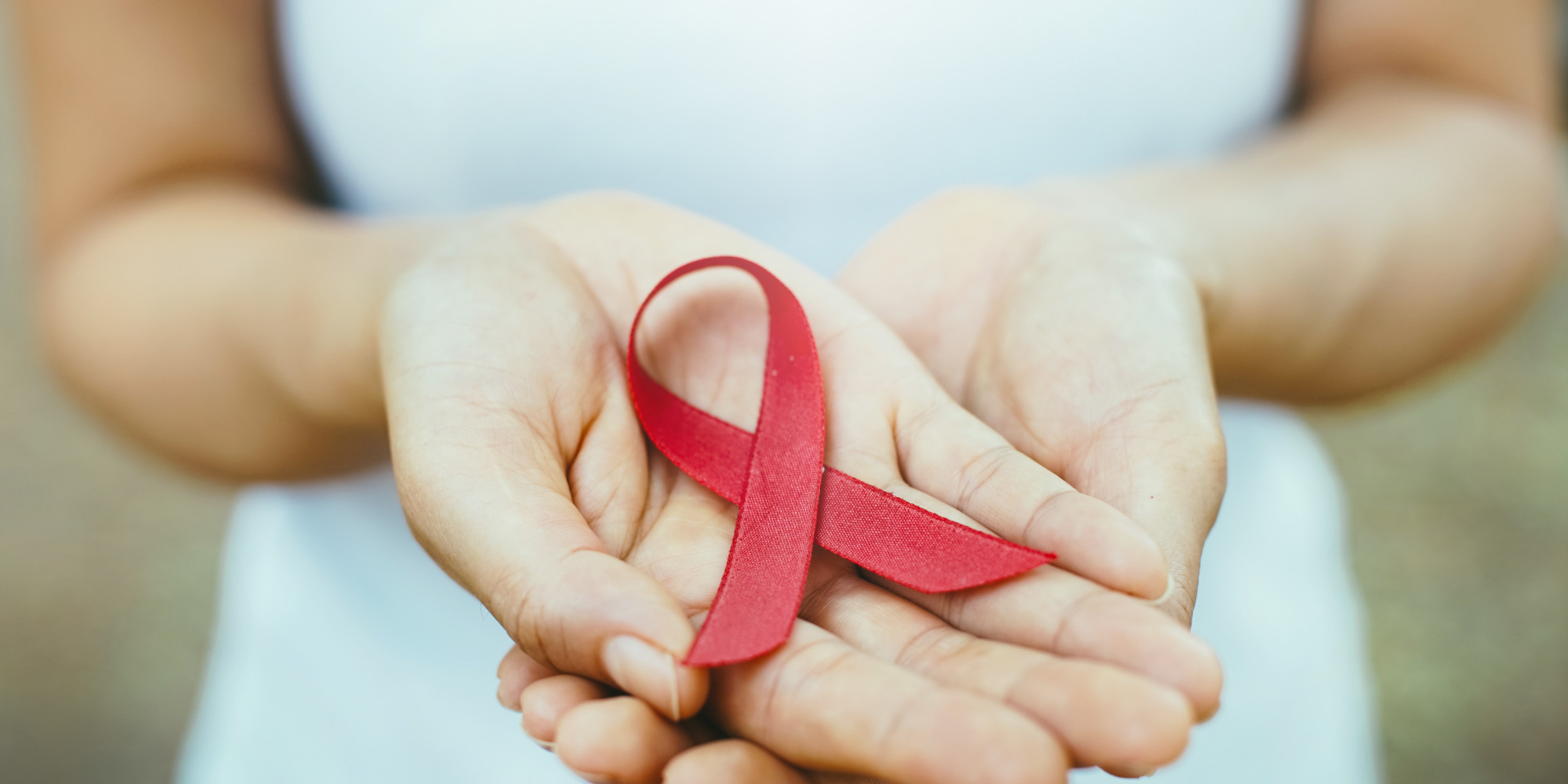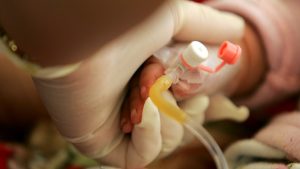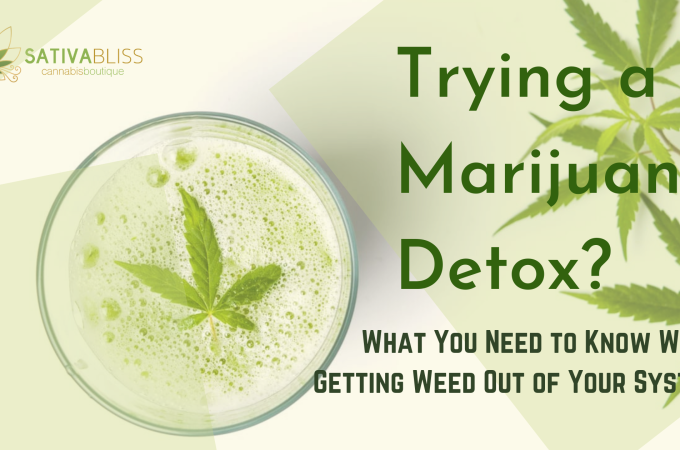
Deciding to Have a Baby when You Are HIV Positive
Not too many years ago, the idea of an HIV infected woman choosing to have a baby brought about strong opposition from just about everyone, including medical professionals who were involved in the treatment of HIV disease. In the past, people with HIV were not expected to live long, and the chances of their children being born HIV+ was greater than 25%. Today, with the advances in the care and treatment of HIV, people are living longer, healthier lives. Many HIV+ women are now making the decision to become pregnant and start a family, with the support of their HIV treatment specialists.
Although there are still many people, including medical professionals, who would discourage an HIV+ woman from having a baby because of the risk of mother-to-child transmission of the virus, most HIV treatment specialists now have an acceptance that starting a family is in fact an option for an HIV+ woman. With the advances in treatment, the risk of transmitting the virus is less than 2% overall, and studies have proven that pregnancy and childbirth does not affect the progression of HIV in the mother in any way.
Women who take HIV medications and have an undetectable HIV viral load have the lowest risk for transmission of the virus to their babies; however, certain medications can cause serious birth defects and must not be taken if a woman is pregnant or trying to become pregnant. It is vital that the decision to become pregnant be discussed with the healthcare provider in advance so that the woman is on an appropriate regimen of medications.

Most couples cannot afford procedures such as sperm-washing, so they will make the decision to have unprotected sex in order to get pregnant; unprotected sex itself has risks (other than pregnancy) which the couple needs to consider. This is a personal and individual decision which both partners must make after they have been informed of the potential risks and the ways to minimize those risks as much as possible. If the man is HIV negative, he should know that unprotected sex with an HIV+ woman could put him at risk for becoming HIV+, although the transmission rate from females to males through unprotected vaginal sex is lower than it is from males to females; the risk is decreased even further if the woman is taking antiretroviral medications to treat the HIV and her viral load is undetectable. If both partners are HIV+, unprotected sex can cause one partner to become reinfected with a different HIV virus, potentially leading to treatment complications in the future. Either way, there is risk involved. If a woman is trying to become pregnant by having unprotected sex, she should be taking HIV medications consistently and have an undetectable HIV viral load (as should her partner, if he is also HIV+). The couple should receive preconception counselling from an obstetrician to determine the time of the month when the woman is most fertile, and engage in unprotected sex only at that time; condoms should be used for the remainder of the month.
As with any woman, an HIV+ woman who is trying to become pregnant should give up smoking and avoid all alcohol and drug use. She should have a gynecological examination and PAP smear and be screened for other sexually transmitted diseases, and she should start taking prescription prenatal vitamins containing folic acid and calcium before she becomes pregnant to help ensure the health of her baby.
A couple will most likely encounter some critical, negative, and unsupportive attitudes from certain family members or friends regarding their decision to have a baby, and they should be prepared to deal with this. Many people are unaware of the advances in HIV treatment, and simply educating them will help them to become more understanding and supportive. The couple should encourage people who are critical of their decision to ask questions, and assist them in getting the knowledge that they need to understand their decision. To reduce stress, the couple may find it helpful to seek supportive counselling from a mental health professional so that they can discuss their feelings openly.






